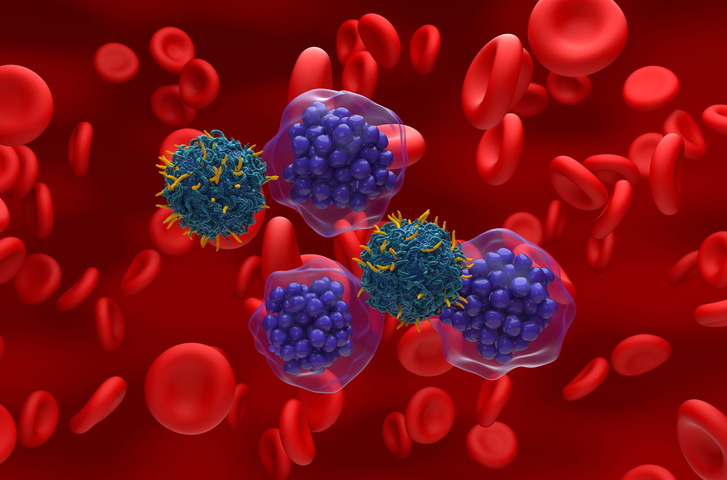What to Know About Monoclonal B-Cell Lymphocytosis From Paolo Ghia, MD, PhD
By Paolo Ghia, MD, PhD, Leah Sherwood, Patrick Daly - Last Updated: April 9, 2024Dr. Ghia, a Professor of Medicine and Director of Strategic Research on CLL at the Università Vita-Salute San Raffaele in Milan, Italy, talks about his session on monoclonal B-cell lymphocytosis (MBL) at the American Association for Cancer Research Annual Meeting 2024 in San Diego, California.
“I will be talking about [MBL] as part of a session on preleukemic condition, which is becoming a hot topic in blood cancers because of the idea that the best cancer is the one that never occurs. Or it’s the one that you can find early so you can cure and eliminate it before it becomes an aggressive disorder,” he explained.
Dr. Ghia noted that progression to chronic lymphocytic leukemia (CLL) is rare, with only 1% of patients with MBL developing CLL every year. “The present and future of the research is to identify molecular features that allow us to discriminate those patients who will eventually progress to a life-threatening disease so that we can start treatment at the first detection.”
He also reflected on the recent approval of lisocabtagene maraleucel (liso-cel), a chimeric antigen receptor (CAR) T-cell therapy, in patients with relapsed or refractory CLL.
“Liso-cel is the first CAR-T therapy approved in CLL, which is fun in a certain way because the first paper ever published on CAR T cells in blood malignancies was on CLL, probably more than 10 years ago,” Dr. Ghia noted. “It was probably one of the few diseases where there was no approved CAR-T, and CLL remains a difficult disease to treat with immunotherapy.”
“Liso-cel is an exception, though the rate of efficacy is still low compared with all other lymphomas or multiple myeloma, where it is much more effective. In general, immunotherapies do not work in CLL,” Dr. Ghia added. “A major challenge remains, and an unmet clinical need to understand how the CLL cells are affecting the immune system and preventing an effective immune response.”
Related: Liso-cel Effective in Patients with Relapsed or Refractory MCL with High-risk Disease Features






 © 2025 Mashup Media, LLC, a Formedics Property. All Rights Reserved.
© 2025 Mashup Media, LLC, a Formedics Property. All Rights Reserved.